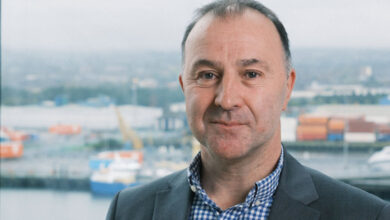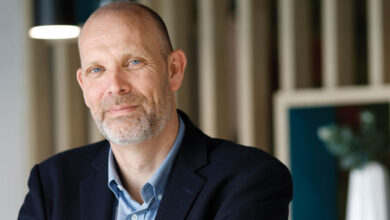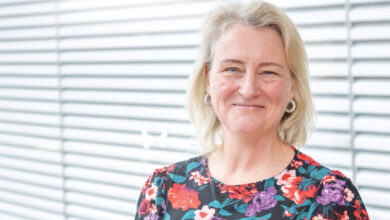Closing ICT’s skills gaps
An action plan for the local ICT sector pledges to encourage more graduates to take up jobs in the profession and attract more female employees.
After rapid growth, the ICT sector is facing major skills shortages and the education system often does not prepare young people properly for careers in the industry. The Department for Employment and Learning’s ICT Action Plan, which made the finding, has been drawn up by a working group of business representatives, academics and civil servants.
ICT employs 16,500 people in Northern Ireland and generates around 3.6 per cent of the province’s gross value added. Wages in the sector are generally one-third above the private sector average.
Between 2011 and 2015, 4,837 students are expected to graduate from computer science courses in Northern Ireland: 2,449 from further education colleges, 1,556 from the University of Ulster and 832 from Queen’s.
Next year, both universities will also launch MSc postgraduate degrees for non-IT graduates. Further education colleges are already offering one-year conversion courses and quick, successful training schemes e.g. the South Eastern Regional College’s Software Testers Academy.
Only a small number of schools offer computer studies at A-level, as opposed to the more popular information technology course, and the number of pupils taking it up is also decreasing. To prepare pupils better for university, the Council for the Curriculum, Examinations and Assessment has drawn up a new A-level in software and systems development, due to start in 2013-2014.
It is “critical” that careers teachers and careers advisers have up-to-date information on the labour market, to be provided by e-skills. The Department of Education will encourage more pupils to study computer science and universities will also consider whether to make computer science and maths more important as entry requirements. Employer bursaries and scholarships will also be considered, although SMEs may need government funding to create those opportunities.
Universities and colleges have also committed themselves to giving students a more gradual learning curve, to reduce the drop-out rate from courses. The academy approach will be rolled out into Java, applications management and infrastructure skills.
At present, three-quarters of university computer science graduates find a job within six months but less than half of those who find jobs go into the ICT sector. The Department for Employment and Learning will investigate the reasons for this trend.
The department, Invest NI and e-skills will also examine how to ‘attract back’ graduates and experienced ICT professionals who have left Northern Ireland and ‘attract in’ suitably qualified professionals from elsewhere in Europe.
ICT is regularly viewed as a male industry, with four out of five jobs filled by men, despite girls outperforming boys when ICT is taught at school. e-skills plans to continue its Computer Clubs 4 Girls, which are themed around teenage girls’ interests.
Following on from the strategy, Employment Minister Stephen Farry and Finance Minister Sammy Wilson have launched an ICT apprenticeship scheme. Applications closed on 31 August and eight companies are participating, including Citi, Kainos and Fujitsu. A total of 32 apprenticeships will be provided in this academic year.






